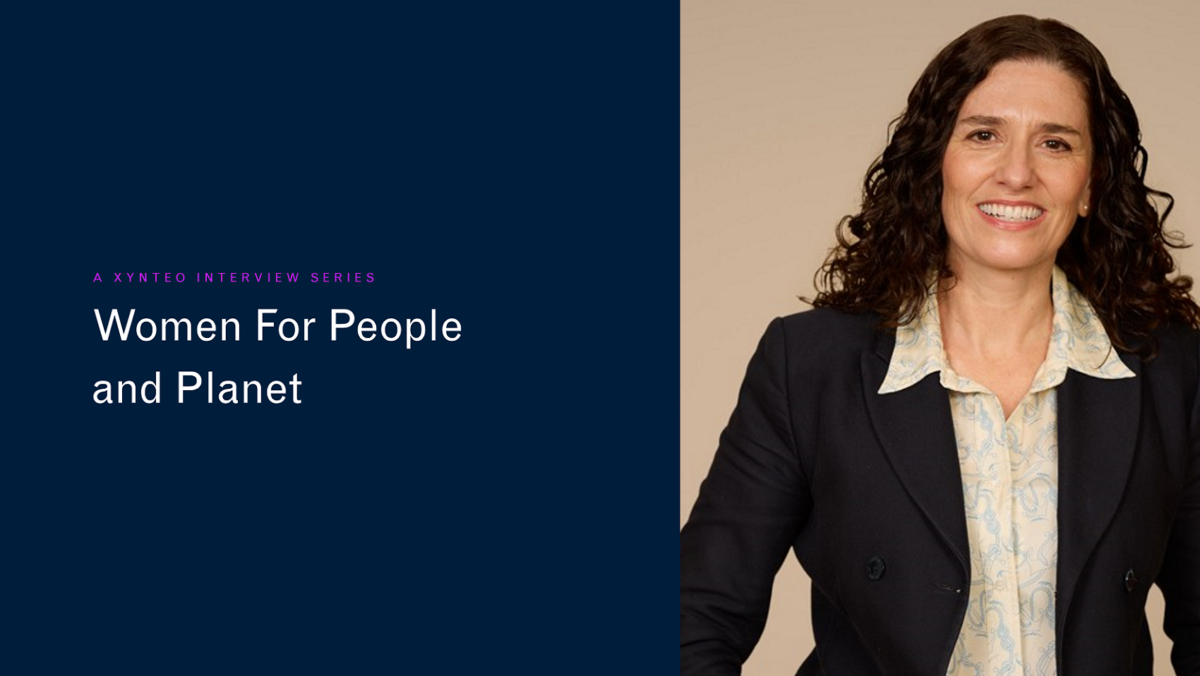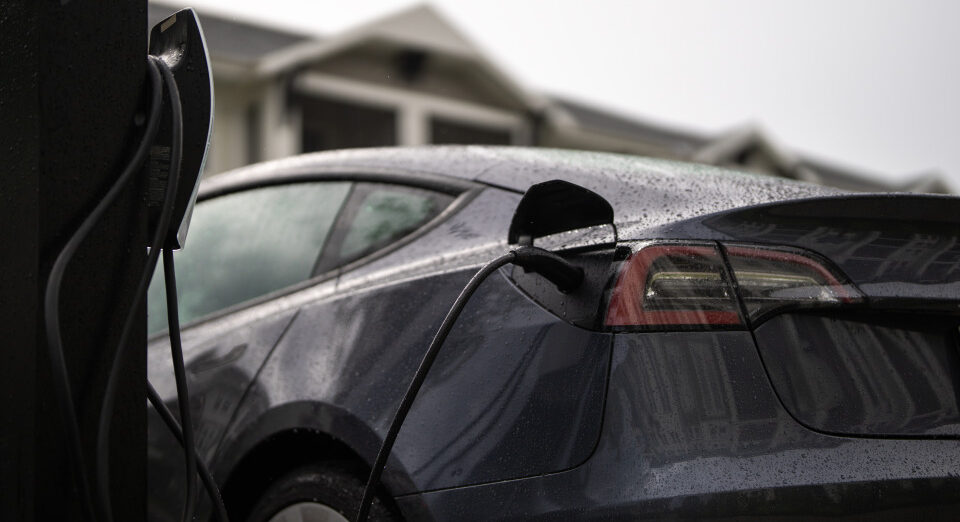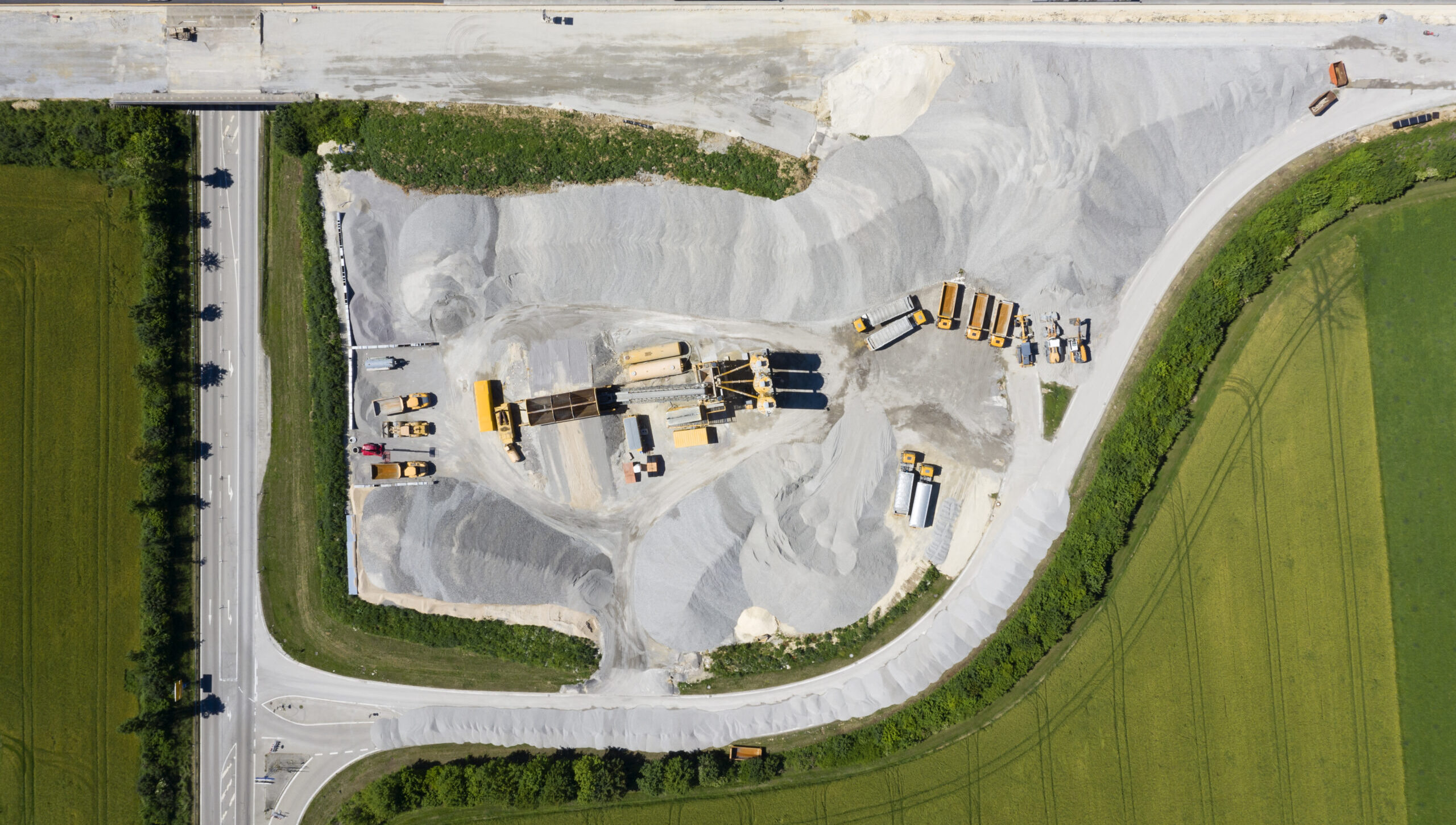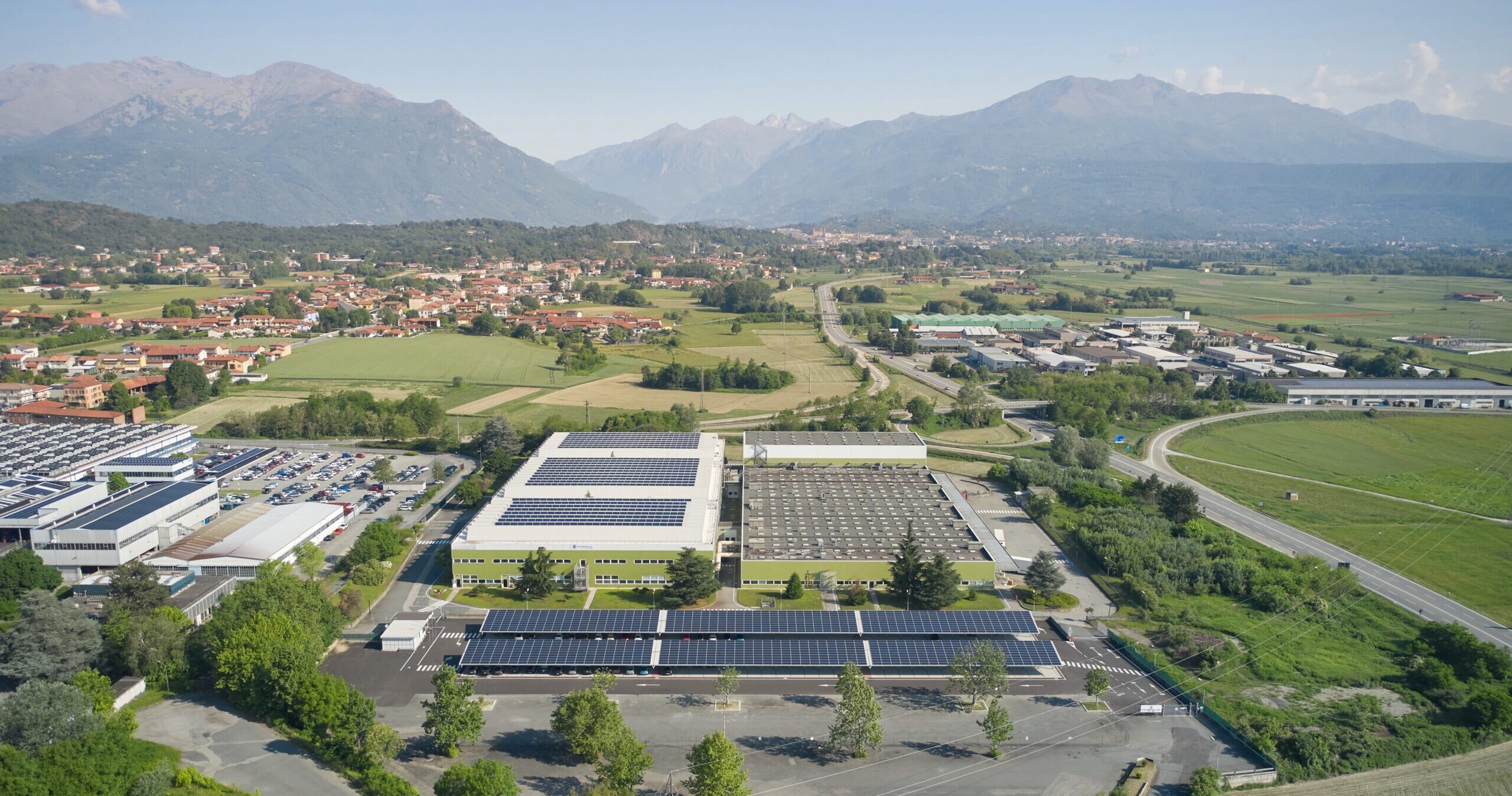From a producer of natural history TV programmes to leading health and sustainability at one the world’s leading food retail groups, Daniella Vega has cut her teeth in the television, retail and food industries while keeping a laser-sharp focus on ensuring every platform she is part of is focussed on impact.
Xynteo’s Eleanor Besley-Gould sat down with Daniella to talk about her journey, what she has learnt, and how she sees the future of sustainability in the corporate world.
What does your personal journey towards sustainability look like?
Daniella: I started my career in media and TV—Natural History programming. I spent a couple of years in Latin America making wildlife documentaries and that’s where my foundation for sustainability was built. As a researcher and producer my job was to look at systems and map them, and I spent long periods of time looking at animal behaviour and looking at the impact of different players within that system.
I’ve always been quite close to nature and therefore feel well grounded in the principle that nature is our teacher and that we are part of nature. I had this growing sense of unease that we were very focused on telling beautiful stories which didn’t necessarily reflect the full picture of what was happening to nature – for example, we would have to stop filming as a result of chainsaw noise – and increasingly think about which elements of filming we could include in our documentaries. All those negative impacts of human activity were banished to the cutting room floor.
These experiences became something I wanted to use within business, so when I came back from South America, I did just that.
What opportunities have been the most important to making progress in your sustainability journey?
Daniella: There wasn’t anything called sustainability at the time, so I came back to the UK and worked at Channel Four on social and environmental issues before moving to Sky where I worked for 11 years. During that time, we used the enormous platform of media to look through the lens of sustainability at news, at sports, at drama, at comedy. And it was there that I really learnt about using sustainability as a lens rather than a siloed topic – really cutting my teeth under the leadership of environmentalist, James Murdoch. We were the first media company to be carbon neutral.
I was then fortunate enough to have a conversation with Alannah Weston, the owner and chair of Selfridges, and Anne Pitcher, who was the group CEO of Selfridges. I loved their vision of sustainability and so went to work there. It was huge shift, but with the same objective—to use the platform that we had as a creative canvas. We had an incredible opportunity to combine strategy, creativity and sustainability to experiment with and explore business models. That was an amazing ride over seven years.
When COVID hit, I saw food businesses really become the social centre for communities. So, when Ahold Delhaize came to me, I was really excited. It’s one of the biggest food retailers in the world and the role gives me the opportunity to platform and position health as a differentiator for our business as a food retailer. My team is split into health and climate, and we position our work as two sides of the same coin.
Seeing the ‘system’ – whether that’s watching nature in the biosphere or a meeting in the boardroom – and understanding what’s being said, what’s not being said, what needs to change and the way it needs to change is a superpower.
What barriers have you faced?
Daniella: When I first started, it was pretty clear what we had to do—tell the story as you see it. And in those times, the audience was fairly small, but I think the industry has changed. There’s a high level of complexity and volume of things to consider; from a focus on systemic change and transformation or innovation in business, to being able to understand business strategy and having commercial insight.
On top of all of that we have an avalanche of compliance and reporting which presents a challenge to understand and translate and is often seen as something that we should avoid, rather than being a vehicle to help us transform. And then you have geographic challenges where you’ve got markets and businesses in different stages of maturity, and you need a different message for each one of those markets.
But I do think the biggest barrier is still people’s mindsets, because it’s much easier to put it off or do the minimum compliance than it is to take the time to understand the complexity of this work, because it really is tough and scary.
What has been your proudest moment?
Daniella: One of the things I’m proud of is that I’ve managed to bring my whole self into the picture while building my career, and I feel very fortunate to be able to have done that.
I’ve never had to cut a part of myself out or leave my values at the door, and I think that guides me and gives me a strong moral compass. I have to make sure that I ground myself regularly so I don’t drain myself of energy, and nature helps me with that, as well as friends and family. This allows me to bring my full self to work, and then I can sort of release my superpower, which I think is seeing the system—whether that system is watching nature in the biosphere or whether it is a meeting in the boardroom—and understanding what’s being said, what’s not being said, what needs to change and the way that it needs to change.
Do you feel like you’ve always been heard at the level you need to?
Daniella: I very often have, but that’s not to say that there have not been times when I haven’t been heard. I’ve been fortunate to work with CEOs, CFOs, and companies that are really progressive; and in cultures where feminine traits are valued and exercised and shared. And that’s where I have felt most at home. And when I say feminine traits, I mean collaboration, deep listening, creativity, empathy—all those traits that are often under-represented in the boardroom.
I think I thrive when I’m in environments with those traits. I think when I’m not heard, it is definitely in organisations or situations where those traits are not valued. Because I’m not the loudest in the room, but I believe in collaborative leadership, and that’s not often from the front, or in a loud way.
How do you see the future of the CSO role/sustainability teams in the board room?
Daniella: I think there are a lot of women in CSO roles now. We had the European CSO awards in Davos this year and when you looked at the shortlists, there were plenty of amazing women in the top 20 and then the top three, where I was lucky enough to be as well. Beyond that there are women who I greatly admire working for us, and there’s something there that we need to pay attention to.
I wouldn’t say in any way that it’s just those feminine traits that a CSO needs to have, I think it’s the ability to blend both masculine and feminine traits. The list of stuff that we need to cover these days requires full focus on the commercial understanding of business in order to make any start whatsoever.
I’m working with a group of scientists now, and we have this conversation where the scientists say, “well, we know enough now about climate, about nature, about health, to do something about it”, and then the businesspeople say, “yeah, but we don’t know what you’re talking about”. And that’s where the CSO needs to step in, in the future. To be the one that that facilitates that vision of an alternative future, and not just in the short term but in the long term especially – so that we can navigate the storm and stay true to the course.
To be inspired by all our latest interviews, visit our Women for People and Planet interview hub.
Read moreStay up to date with our latest interviews by following us on social media (LinkedIn I Twitter), or Contact Us to find out how we can help your leaders and organisation create people and planet-positive impact.



